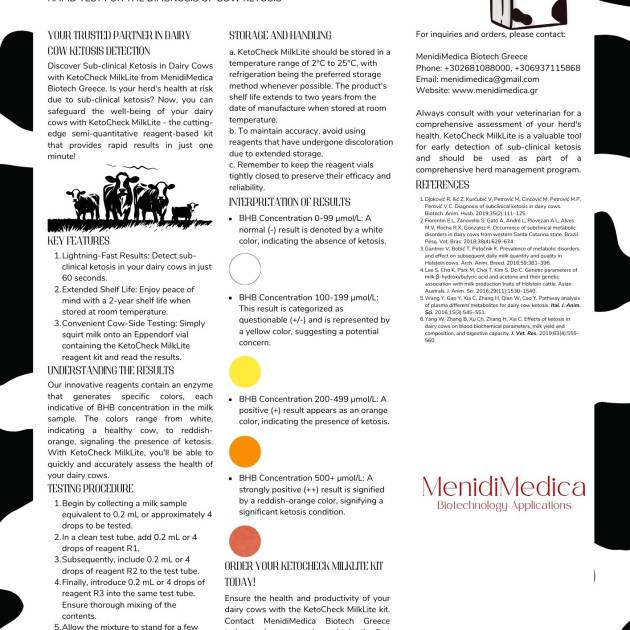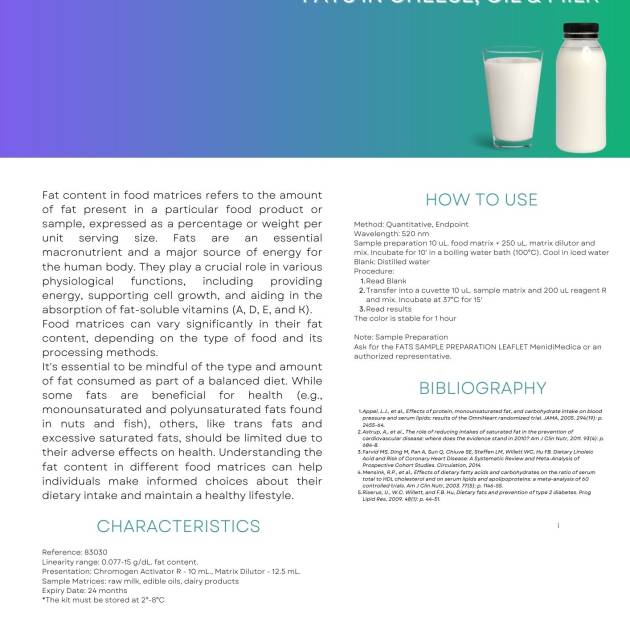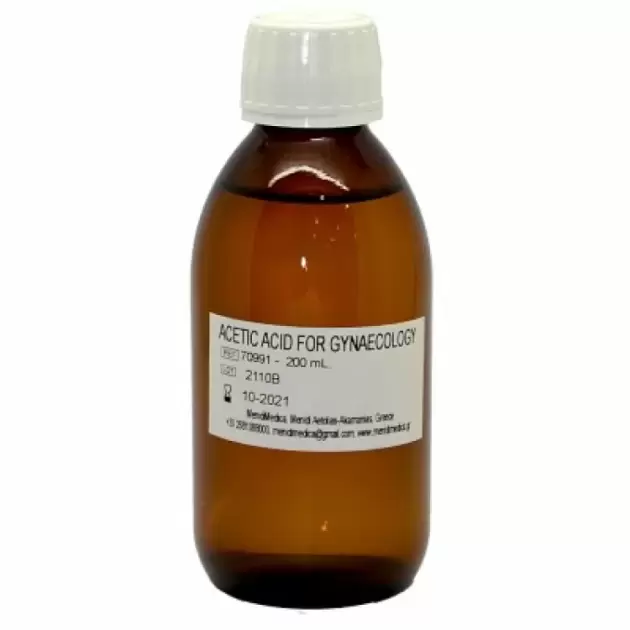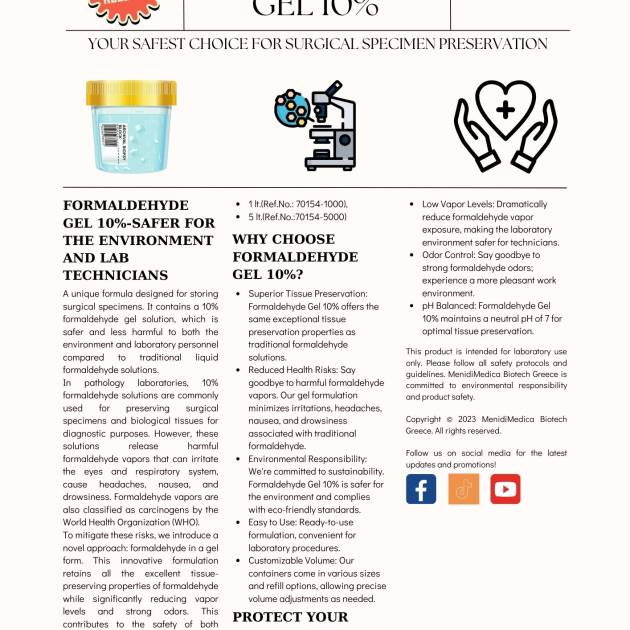Description
QUANTITATIVE DETECTION OF LACTOSE IN MILK & CHEESE
Lactose is the natural sugar present in milk. It is generally hydrolysed by lactase ( β-galactosidase ) in the small intestine, with absorption of the released D- galactose and D-glucose. Humans lacking or deficient in this enzyme cannot digest lactose, which therefore passes undigested to the colon where it undergoes microbial fermentation, causing adverse gastrointestinal symptoms
associated with lactose intolerance, such as nausea, cramps, gas and diarrhoea. Lactose intolerance affects approximately 65% of the global human population. The frequency of primary lactose intolerance varies greatly between ethnic and racial populations, with approximately 5% of northern Europeans and greater than 90% of Southeast Asian populations being affected. To address the prevalence of lactose intolerance,
dairy manufacturers have introduced low-lactose and lactose-free dairy products, the production of which includes the addition of β-galactosidase to hydrolyse the naturally occuring lactose. The European Food Safety Authority ( EFSA) defines “low-lactose” as containing less than 1 g lactose/100 g product while “lactose-free” is between 10-100 mg lactose/100 g product.
CHARACTERISTICS
Reference: 83020
Linearity range: 10-1000 mg lactose. In case of higher sample concentrations, dilute the sample and multiply the result with the dilution factor.
Presentation: Enzyme Activator R1 – 1 mL., Buffer R2 – 9 mL., Chromogen Substrate R3 – 3 x 17 mL.
Sample Matrices: Raw milk (e.g. cow, goat, sheep, buffalo, camel) and dairy products
Expiry Date: 24 months
*The kit must be stored at 2°-8°C
HOW TO USE
Method: Quantitative, Endpoint Wavelength: 500 nm
Sample preparation 100 uL. raw milk + 900 uL. distilled water and mix
Blank: R3
Procedure:
1. WR1: Add 10 uL. R1 and 90 uL. R2, mix and incubate at 55°C for 20′
2. Read Blank
3. Add 1 mL. R3 and 10 uL. sample to WR1, mix and incubate at 37°C for 15′
4. Read results
The color is stable for 2 hours
*Standard errors below 5% are reached routinely
Note: Sample Preparation
Ask for the LACTOSE SAMPLE PREPARATION LEAFLET MenidiMedica or an authorized representative.







